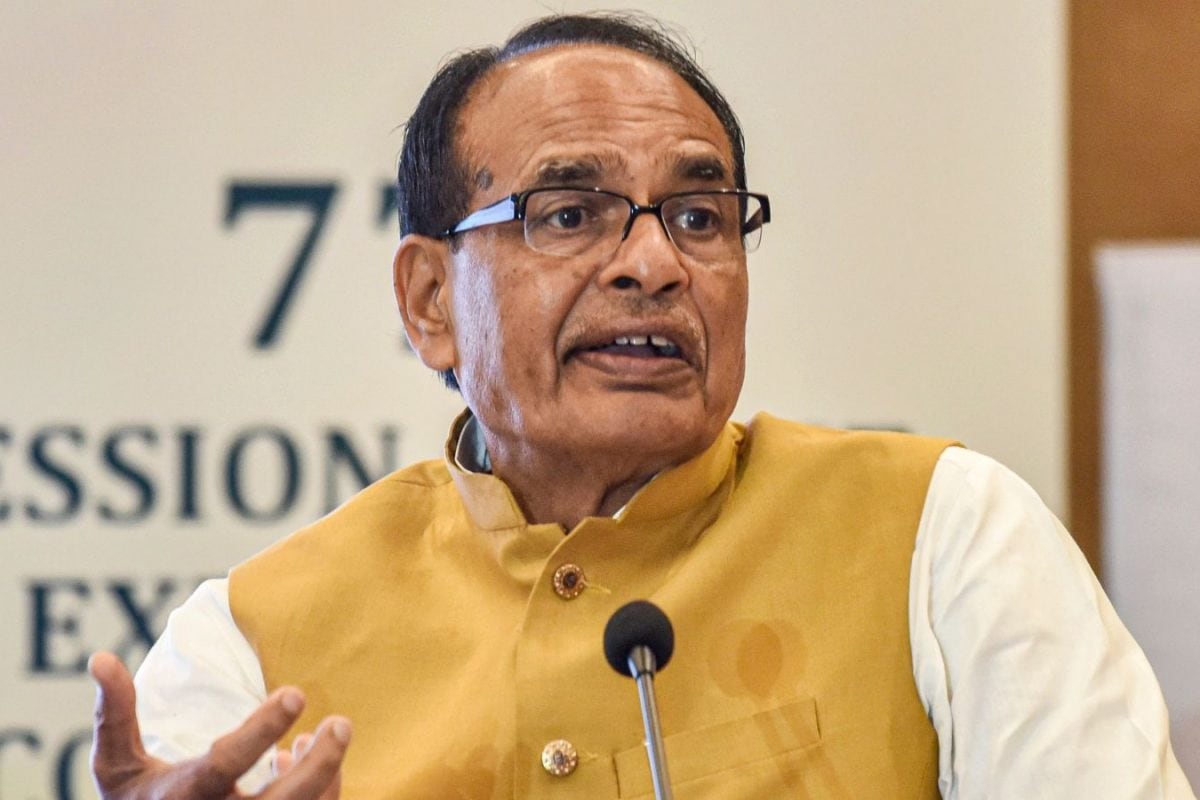

Union Agriculture Minister Shivraj Singh Chouhan has ignited a significant debate by calling for a reconsideration of the term "secularism" in the Indian Constitution. Speaking in Varanasi, Uttar Pradesh, Chouhan argued that secularism is not intrinsic to India's cultural ethos and was incorporated into the Constitution during the Emergency period (1975-1977). He has urged the nation to engage in a thoughtful discussion on whether terms like 'secularism' and 'socialism,' which were added later, truly represent India's cultural and philosophical roots.
Chouhan emphasized that India's true spirit lies in "Sarva Dharma Sambhav," which translates to equal respect for all religions. He quoted ancient scriptures to highlight India's pluralistic tradition, stating, "‘Ekam sad viprah bahudha vadanti’ – the truth is one, but the wise describe it differently – this has been India's voice for thousands of years, not just today." He believes that this concept of inherent religious harmony and mutual respect across faiths is the cornerstone of Indian civilization.
Expanding on his argument, Chouhan suggested that the Indian worldview already encompasses values like compassion, unity, and equity, negating the necessity for imported ideological labels like "socialism." He highlighted concepts like "'Atmavat sarvabhuteshu' – seeing the self in all beings – and 'Vasudhaiva Kutumbakam' – the whole world is one family – are deeply embedded in our culture," and added that "'Jiyo aur jeene do' (Live and let live) and 'Sarve Bhavantu Sukhinah' (May all be happy) reflect the real social vision of India."
Chouhan's statement has evoked strong reactions from various political factions. The Congress party has been particularly critical, with leaders accusing the BJP and RSS of attempting to undermine the Constitution. They argue that secularism is a fundamental principle that protects the rights of all citizens, regardless of their religious beliefs. Some Congress leaders have alleged that the BJP's agenda is to replace the Constitution with "Manusmriti," an ancient Hindu legal text. Other opposition leaders have accused the central government of manipulating the Election Commission and attempting to take away constitutional rights.
This is not the first time that the issue of secularism in the Indian Constitution has been raised. The term, along with "socialist," was added to the Preamble by the Indira Gandhi government during the Emergency, a period that has been criticized for its authoritarian tendencies. Prime Minister Modi has also stated that the Emergency was one of the darkest chapters in India's democracy. The RSS has also advocated for the removal of the terms 'socialist' and 'secular' from the Preamble of the Constitution.
The debate surrounding secularism in India is complex and deeply rooted in the country's history and political landscape. Proponents of secularism argue that it is essential for maintaining social harmony and protecting the rights of minorities in a diverse nation. Opponents, like Chouhan, contend that the term is not reflective of India's cultural values and has been used for political appeasement. The ongoing discussion highlights the need for a comprehensive understanding of secularism and its implications for the future of Indian society.